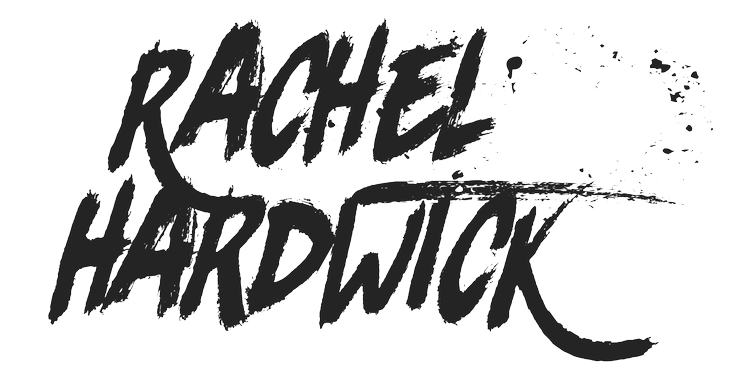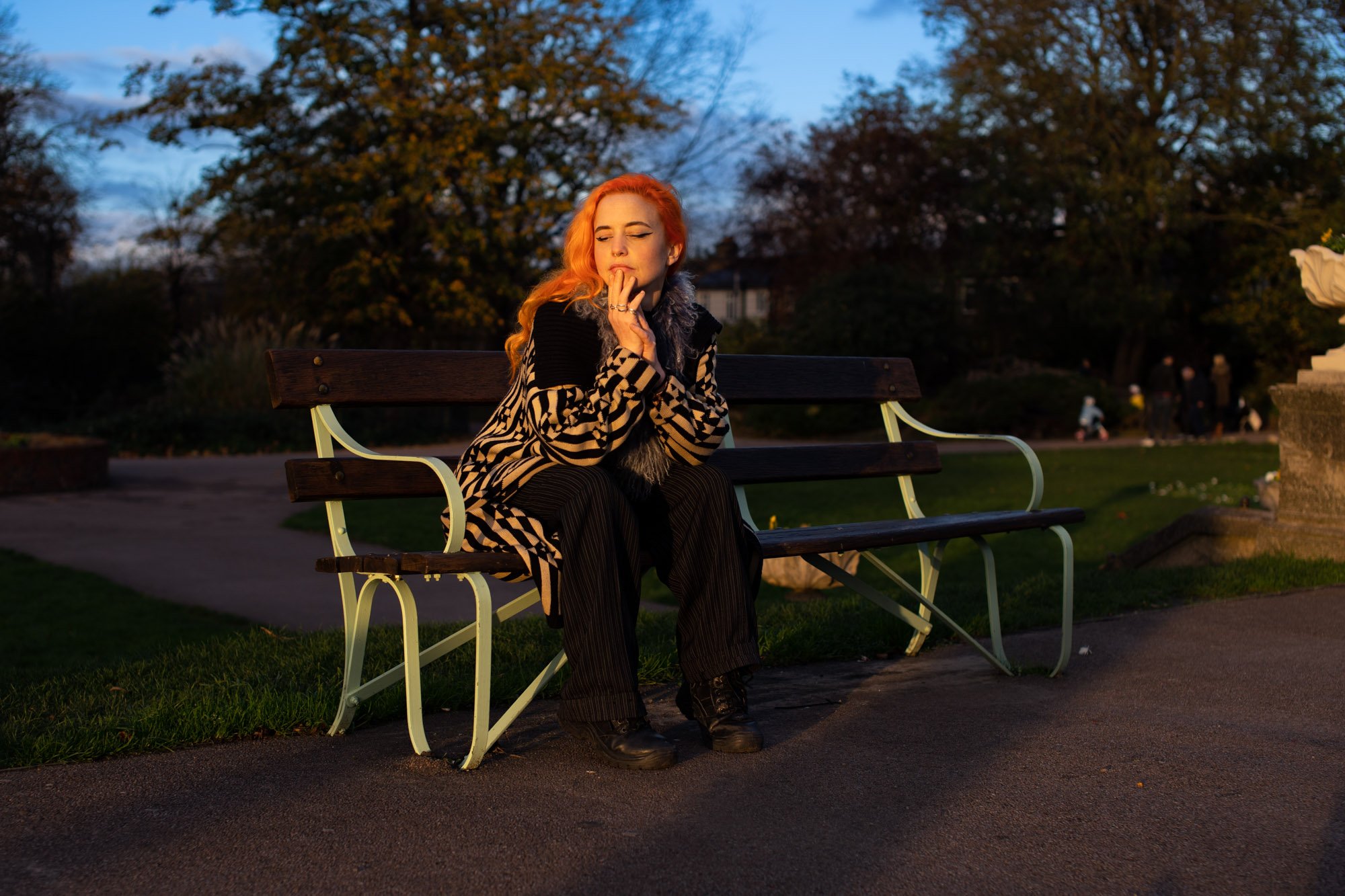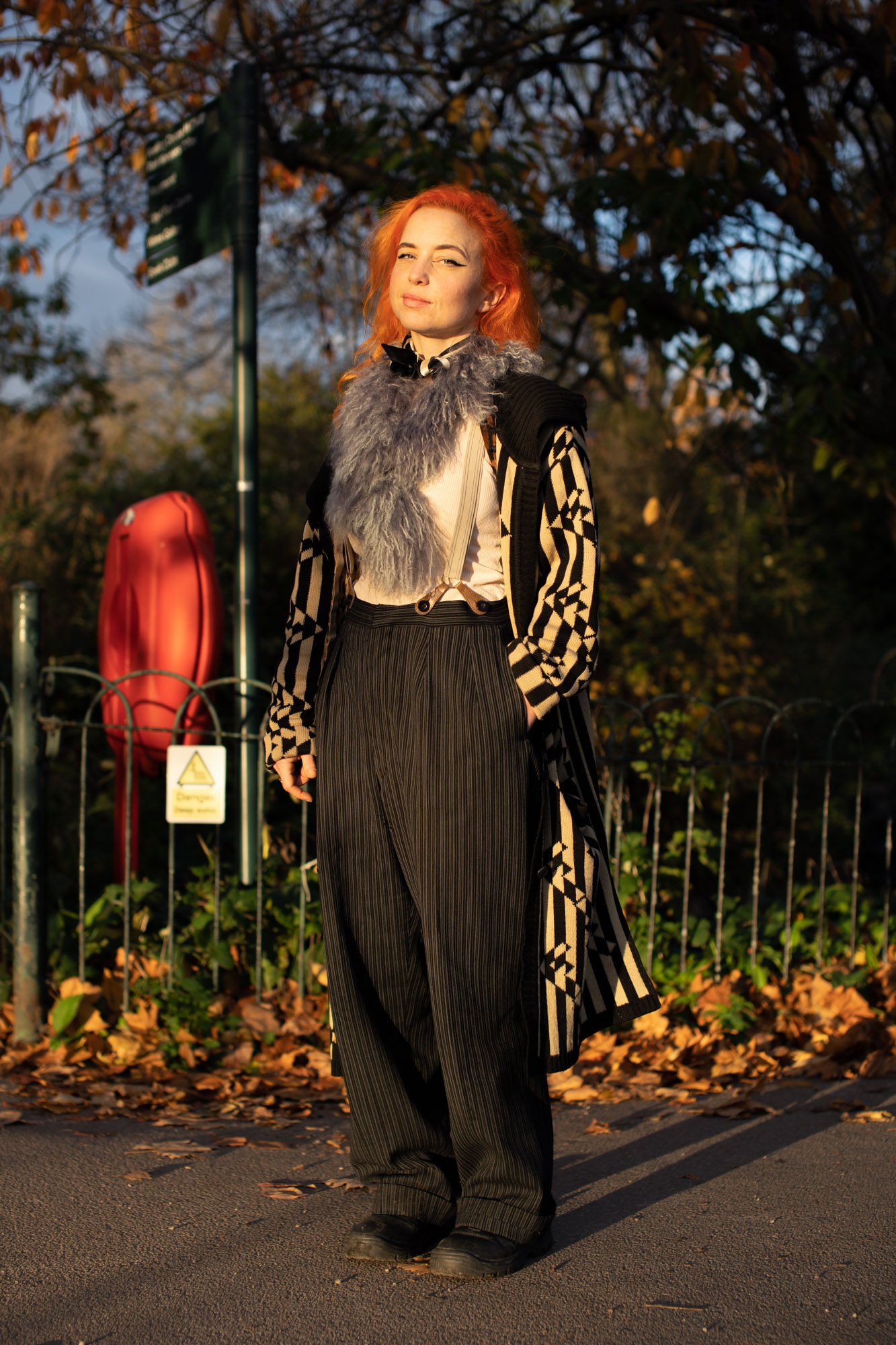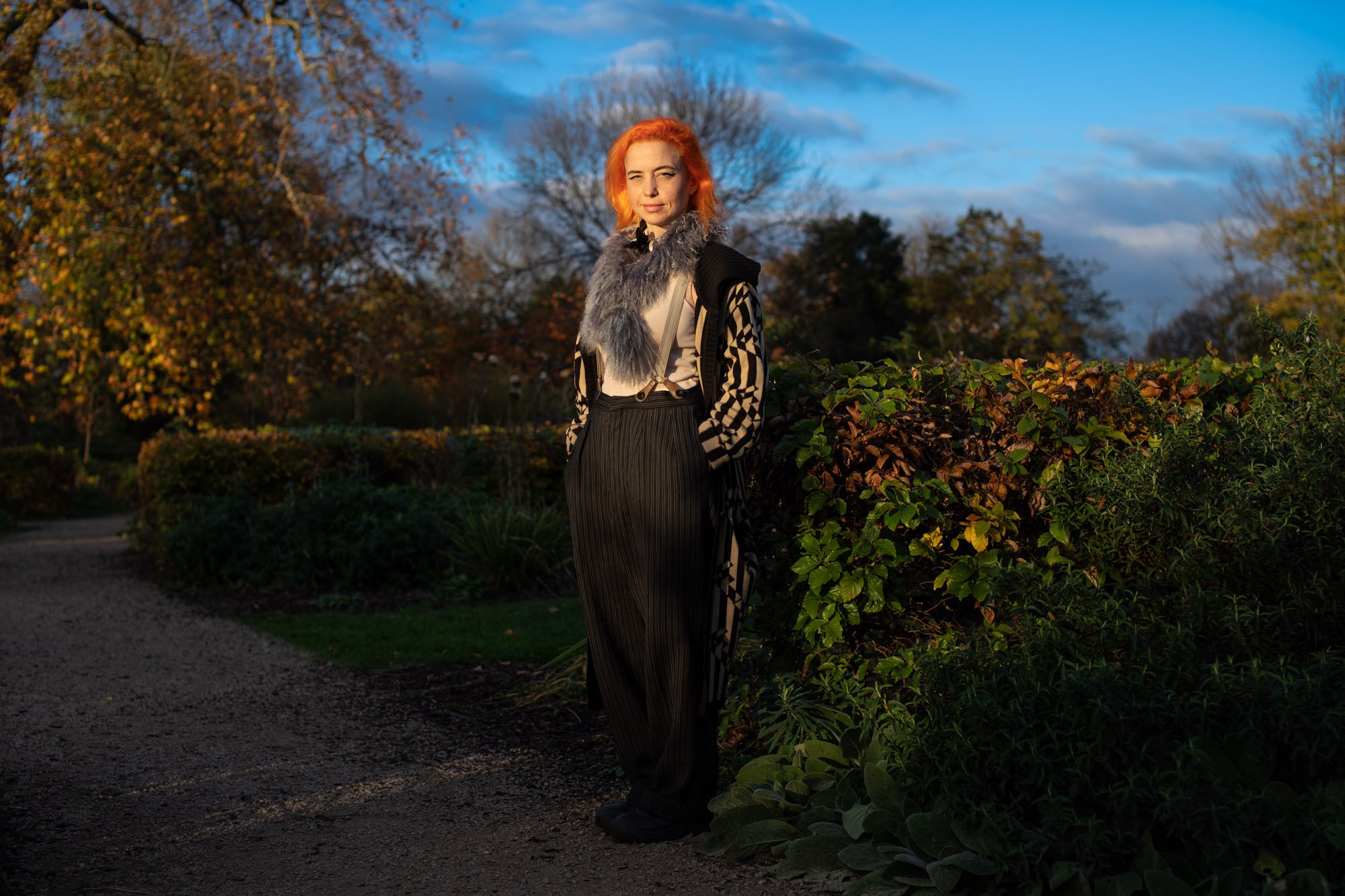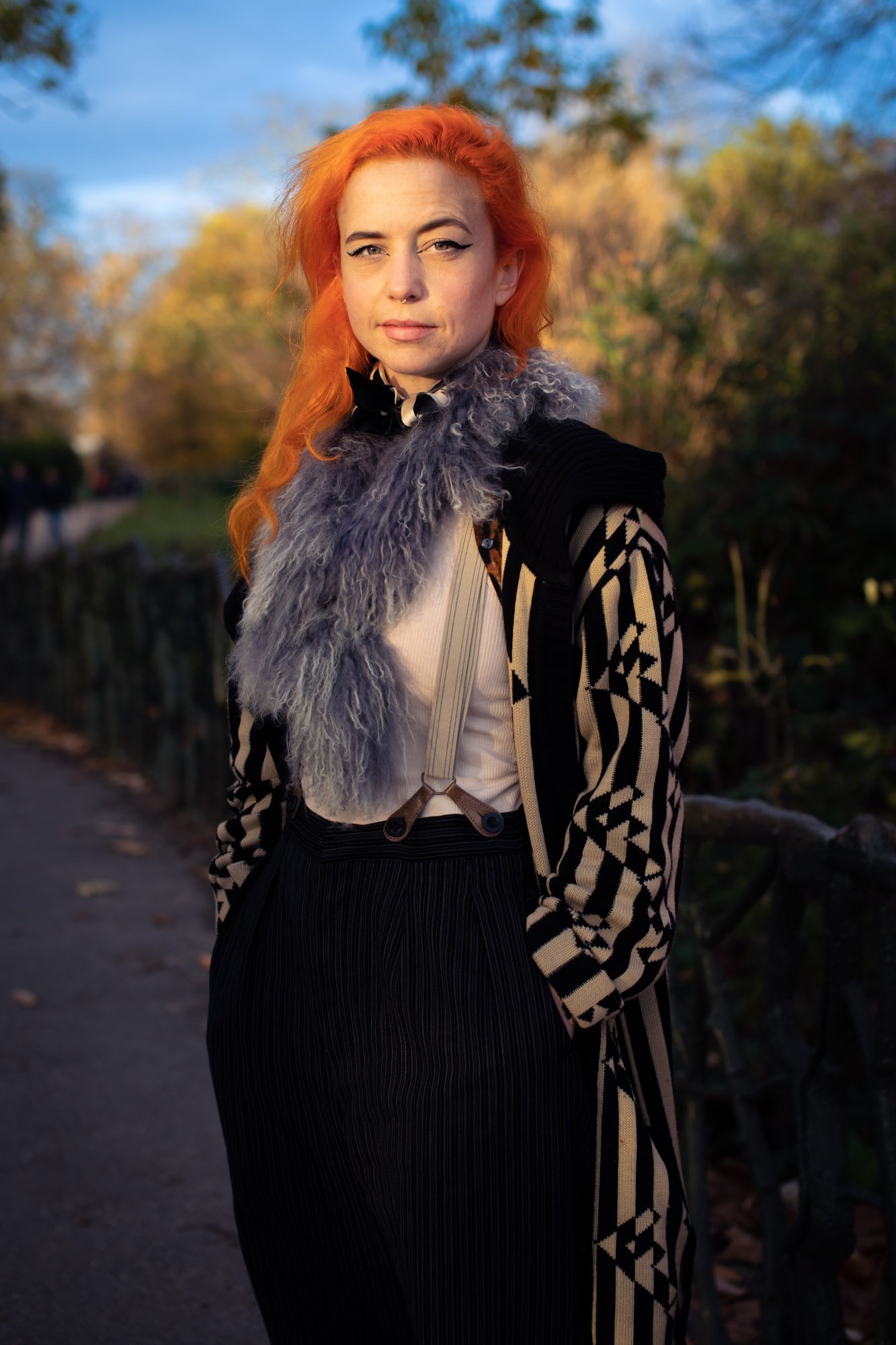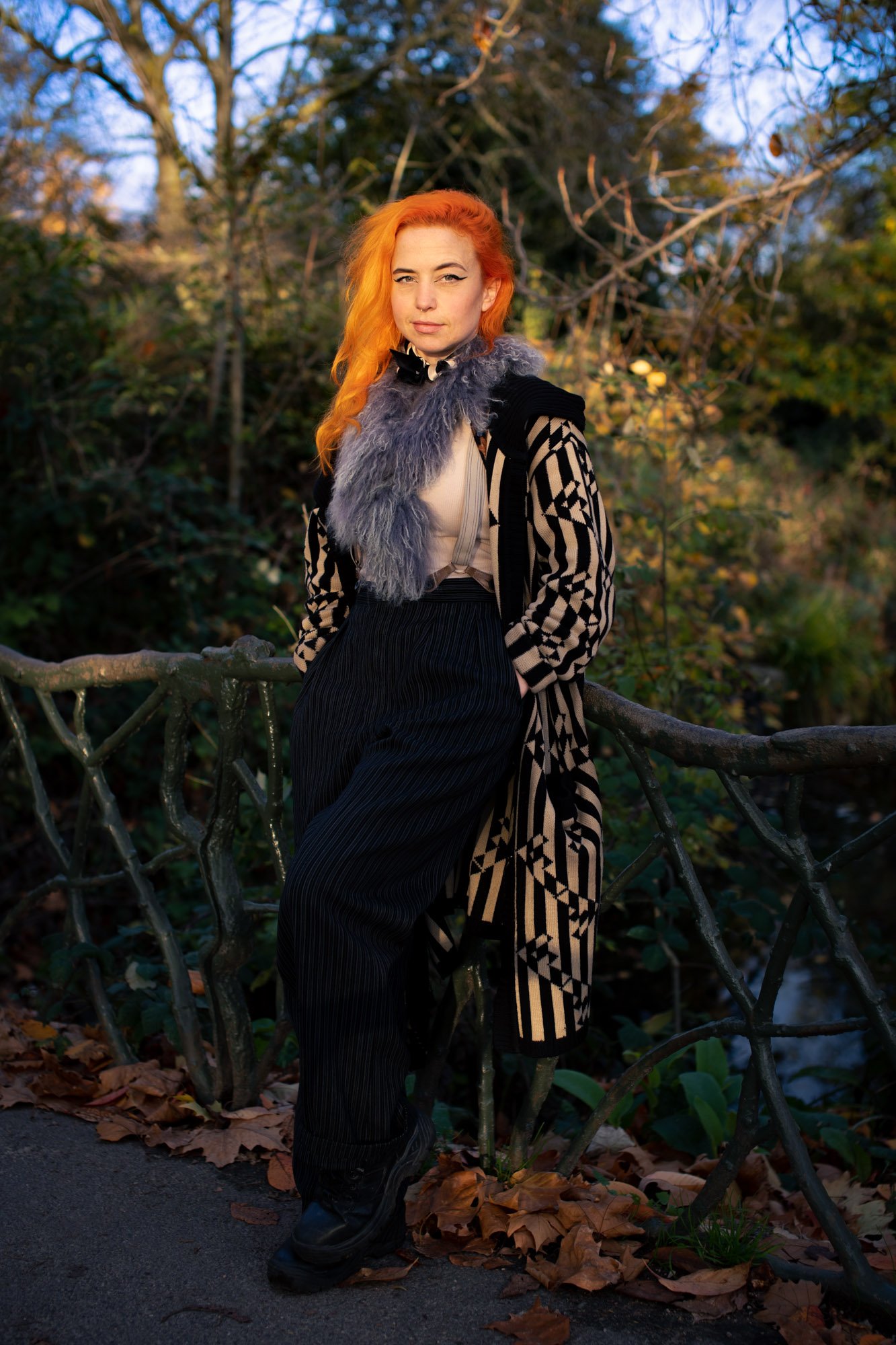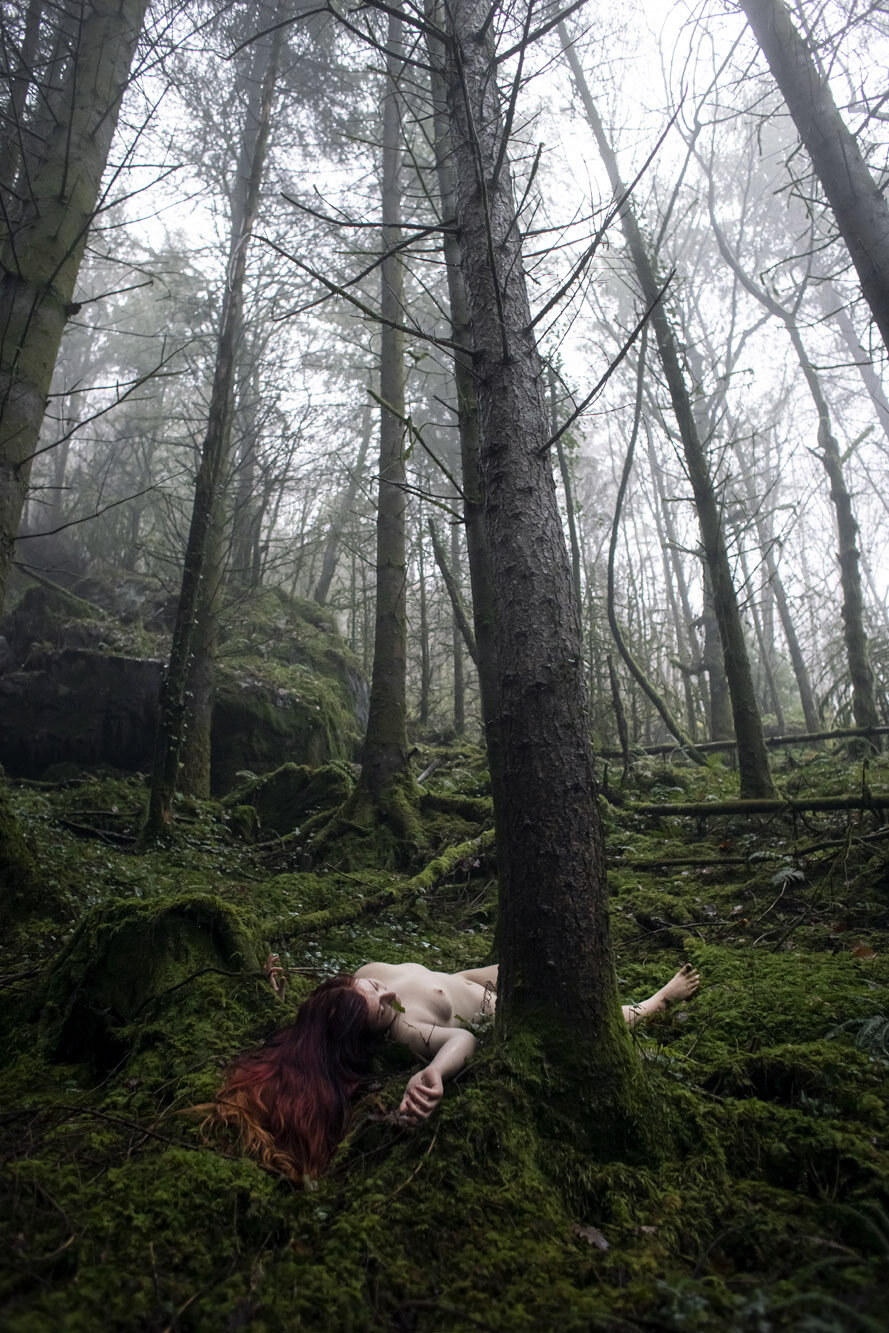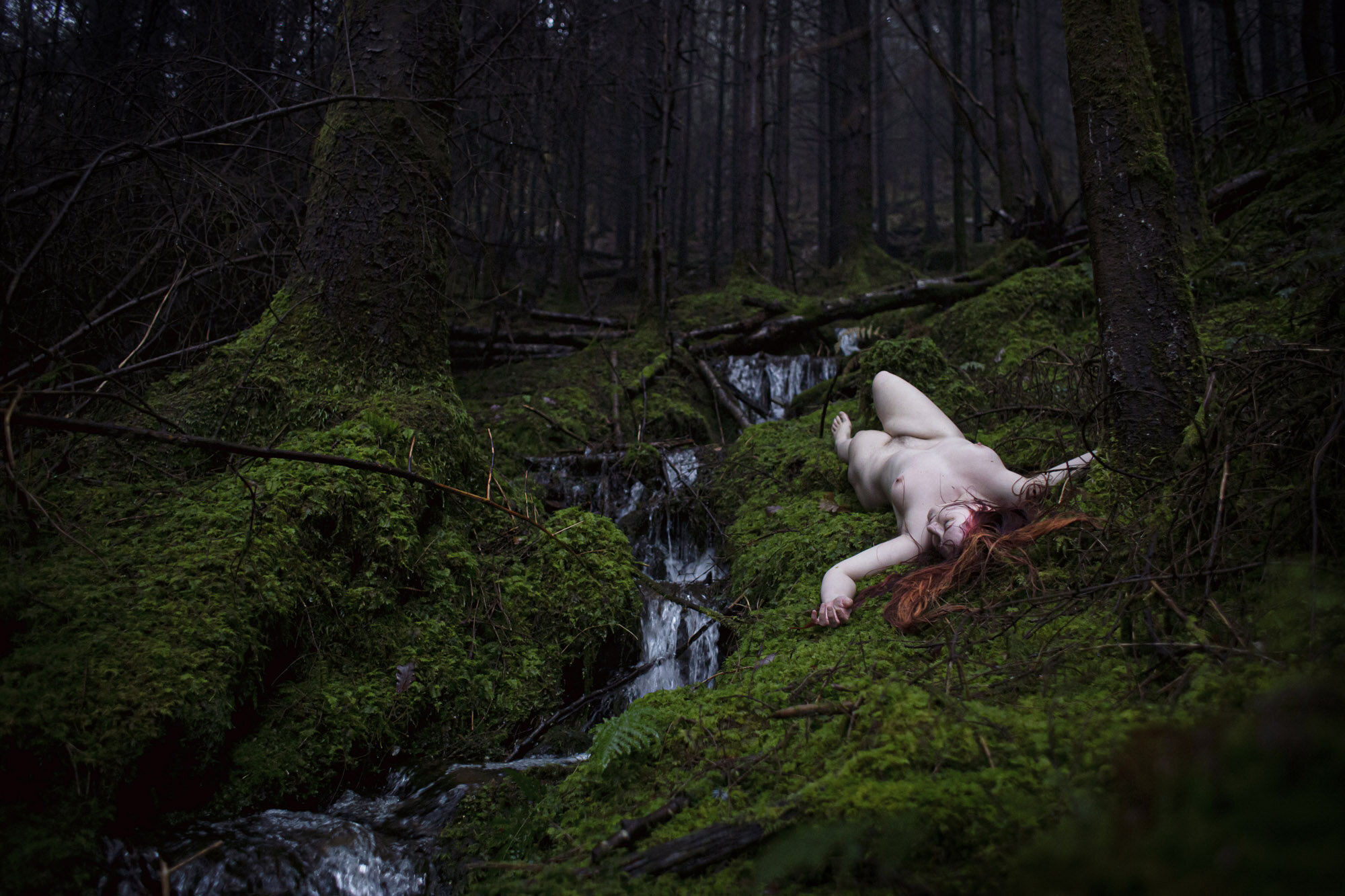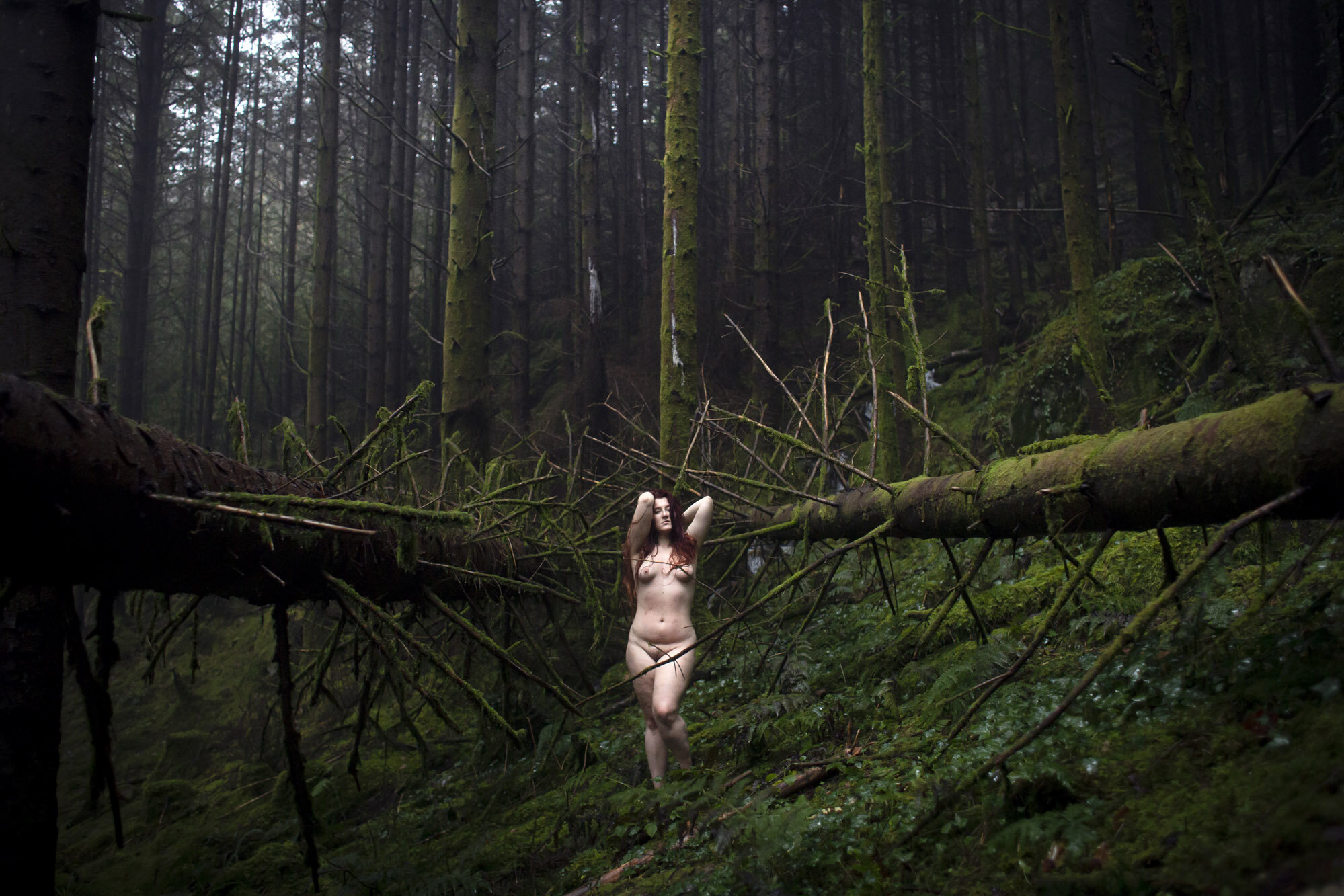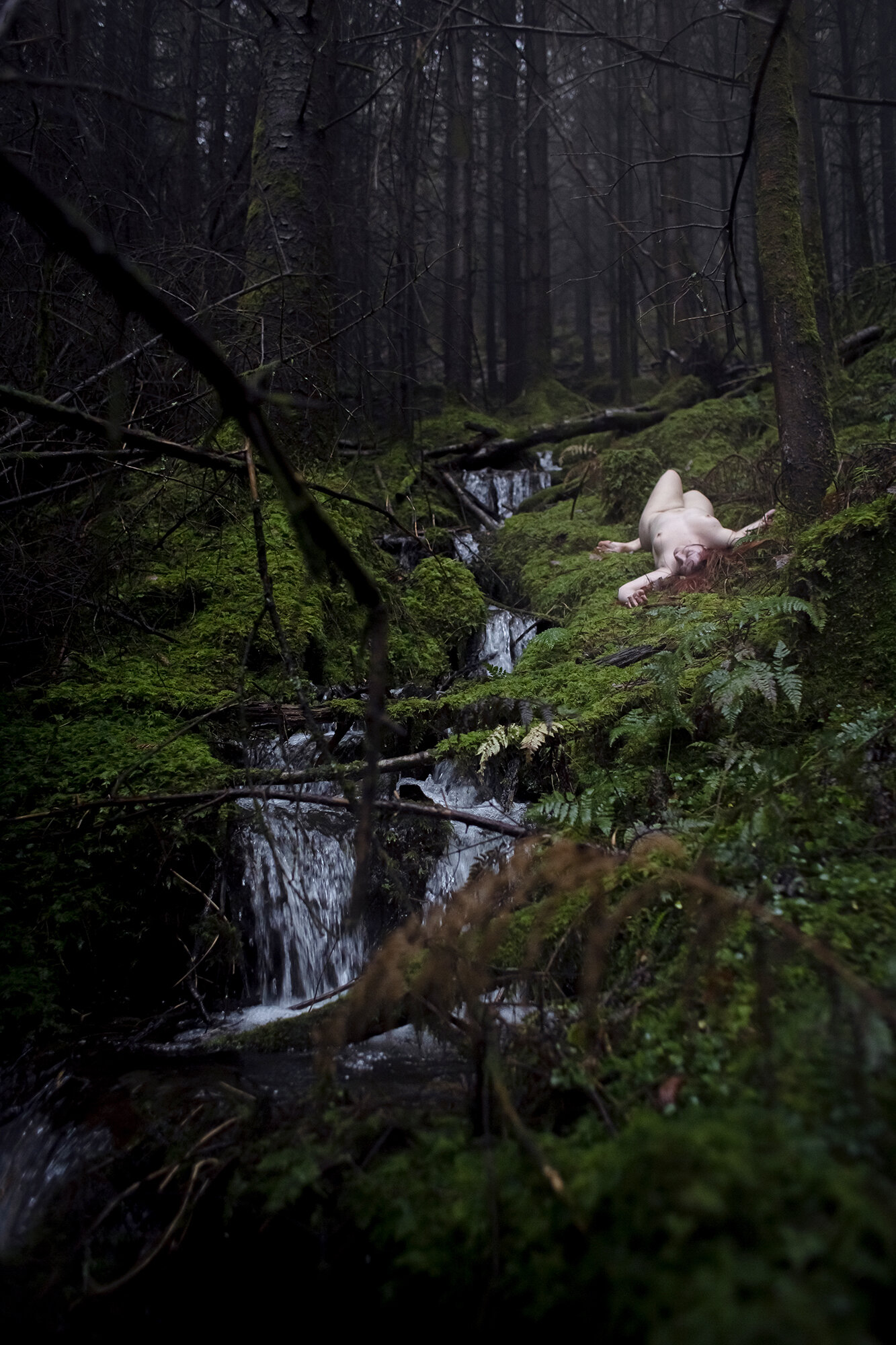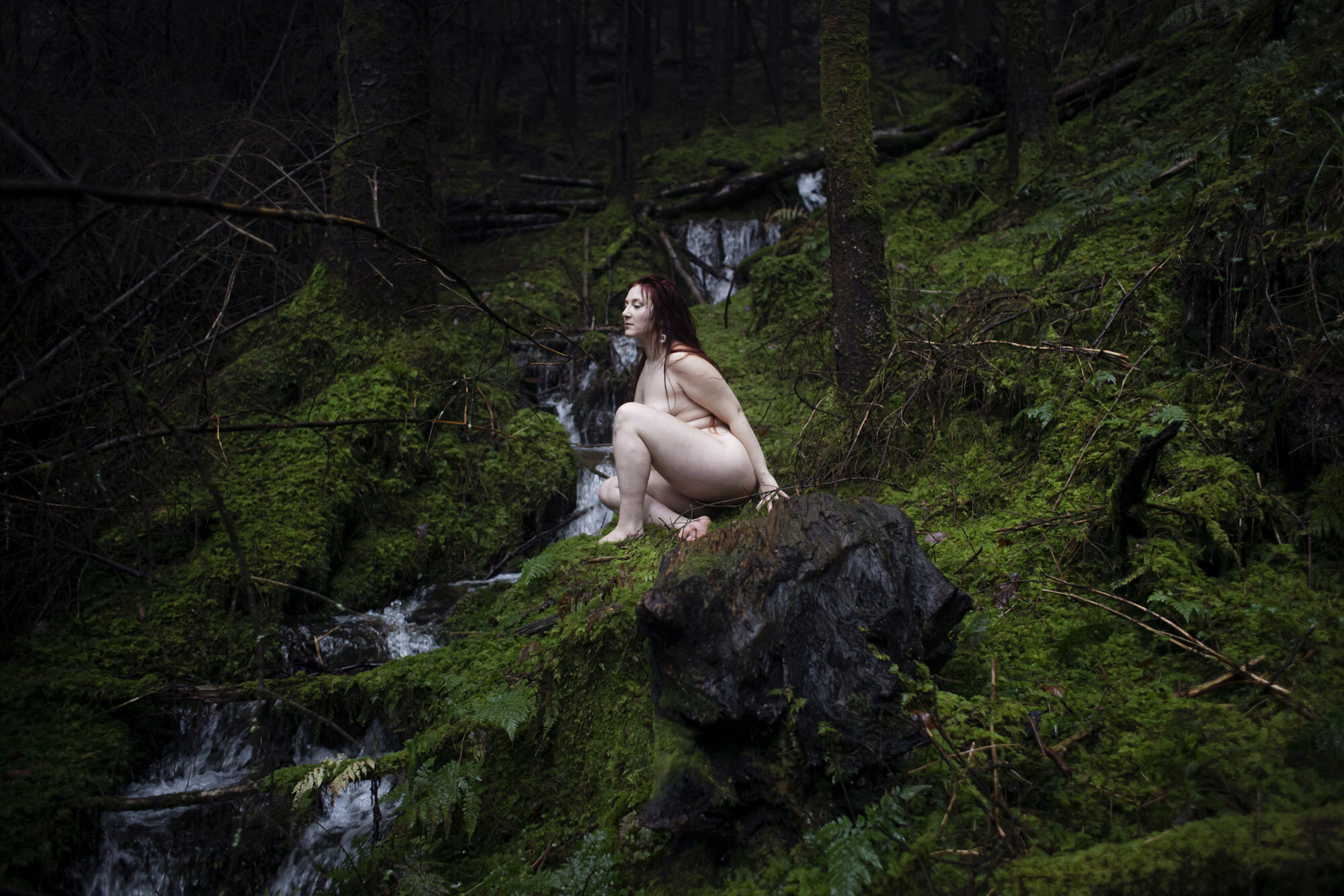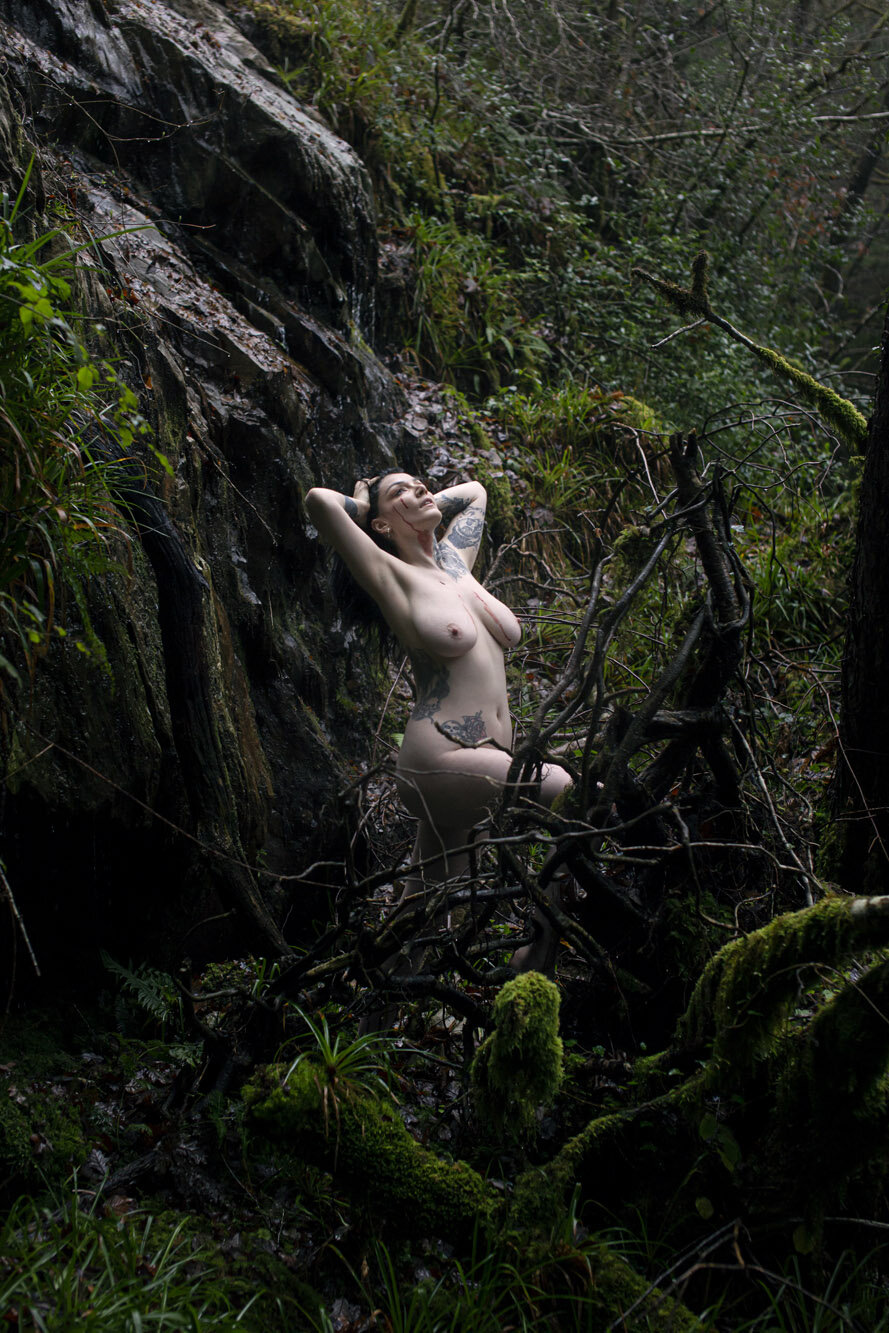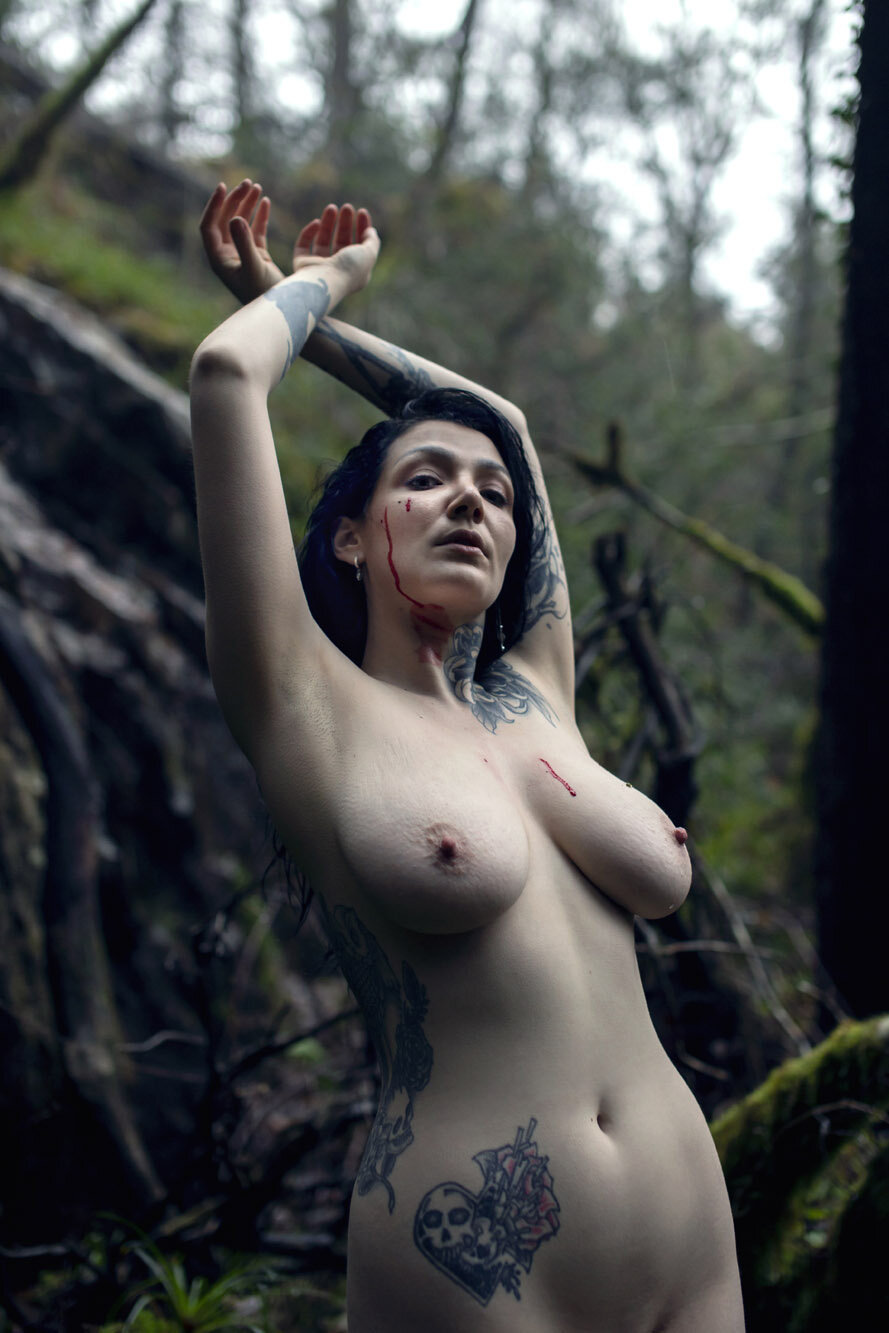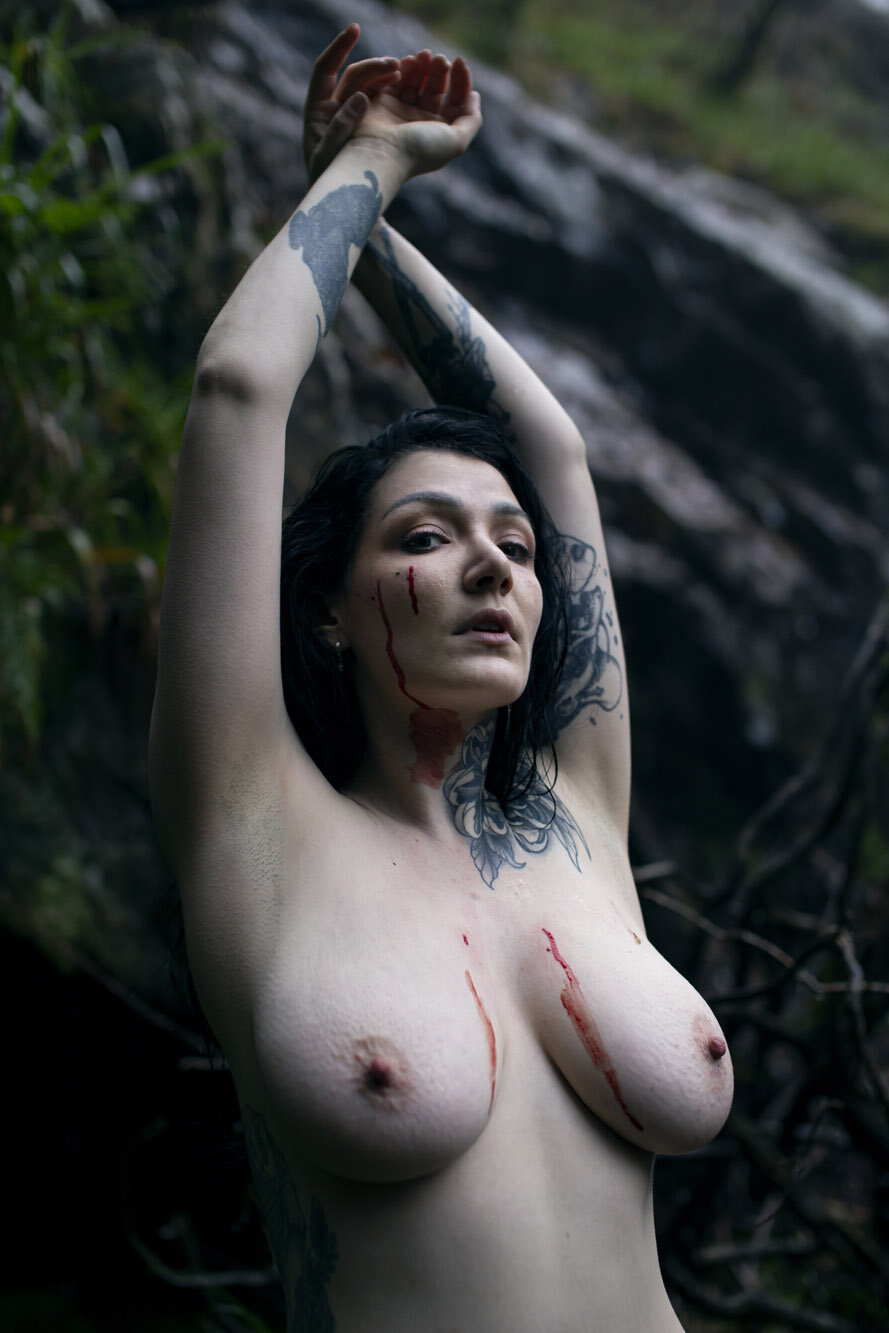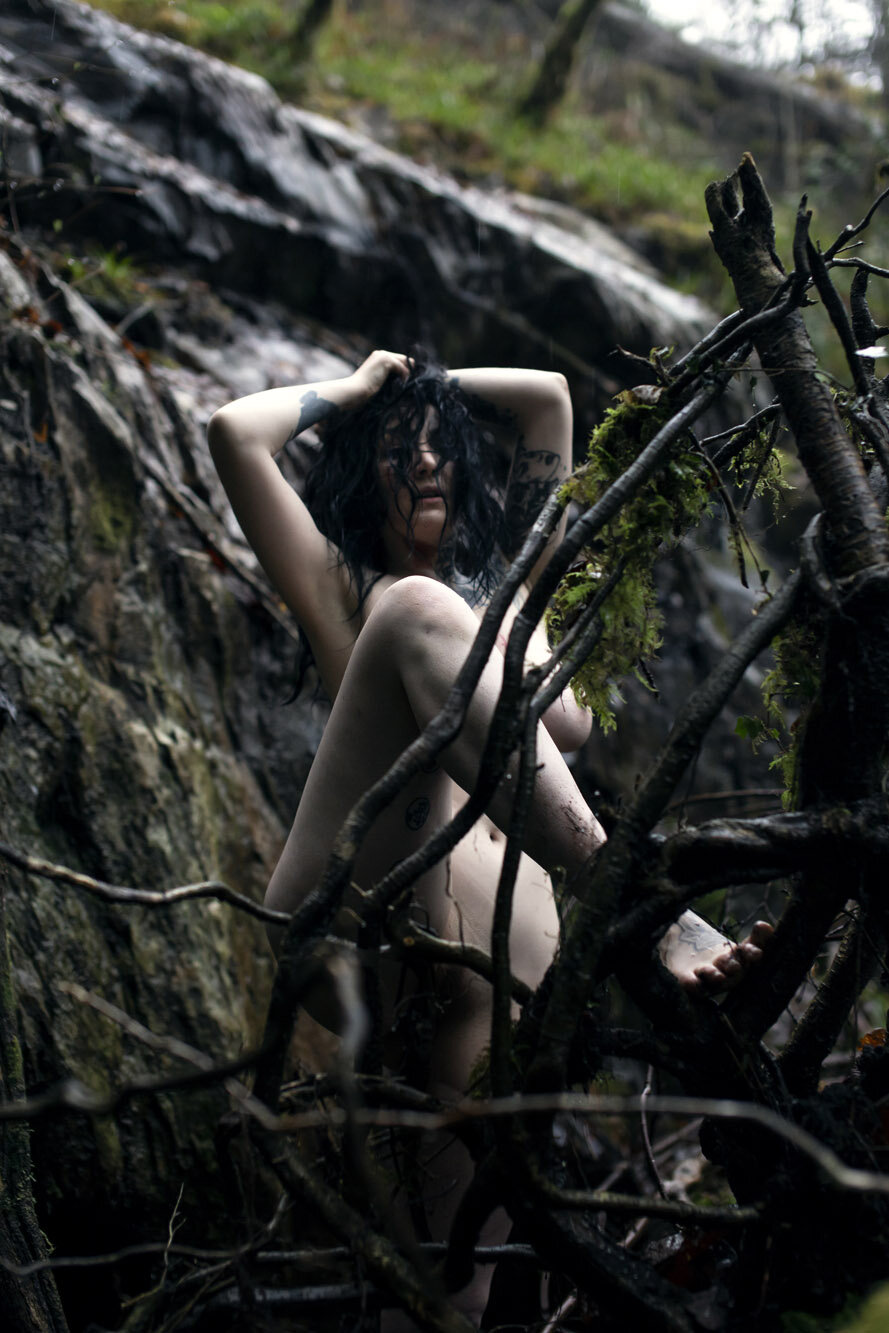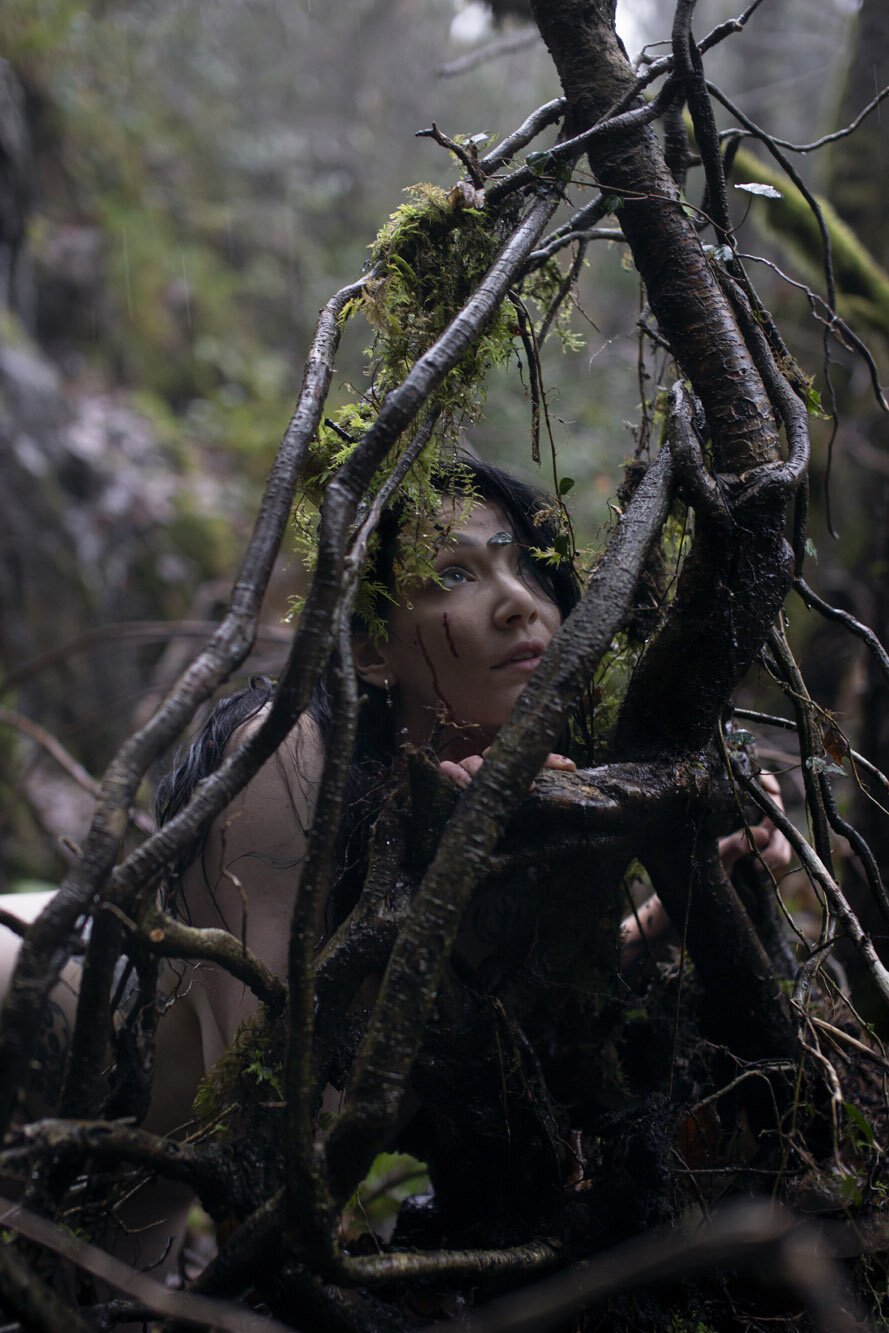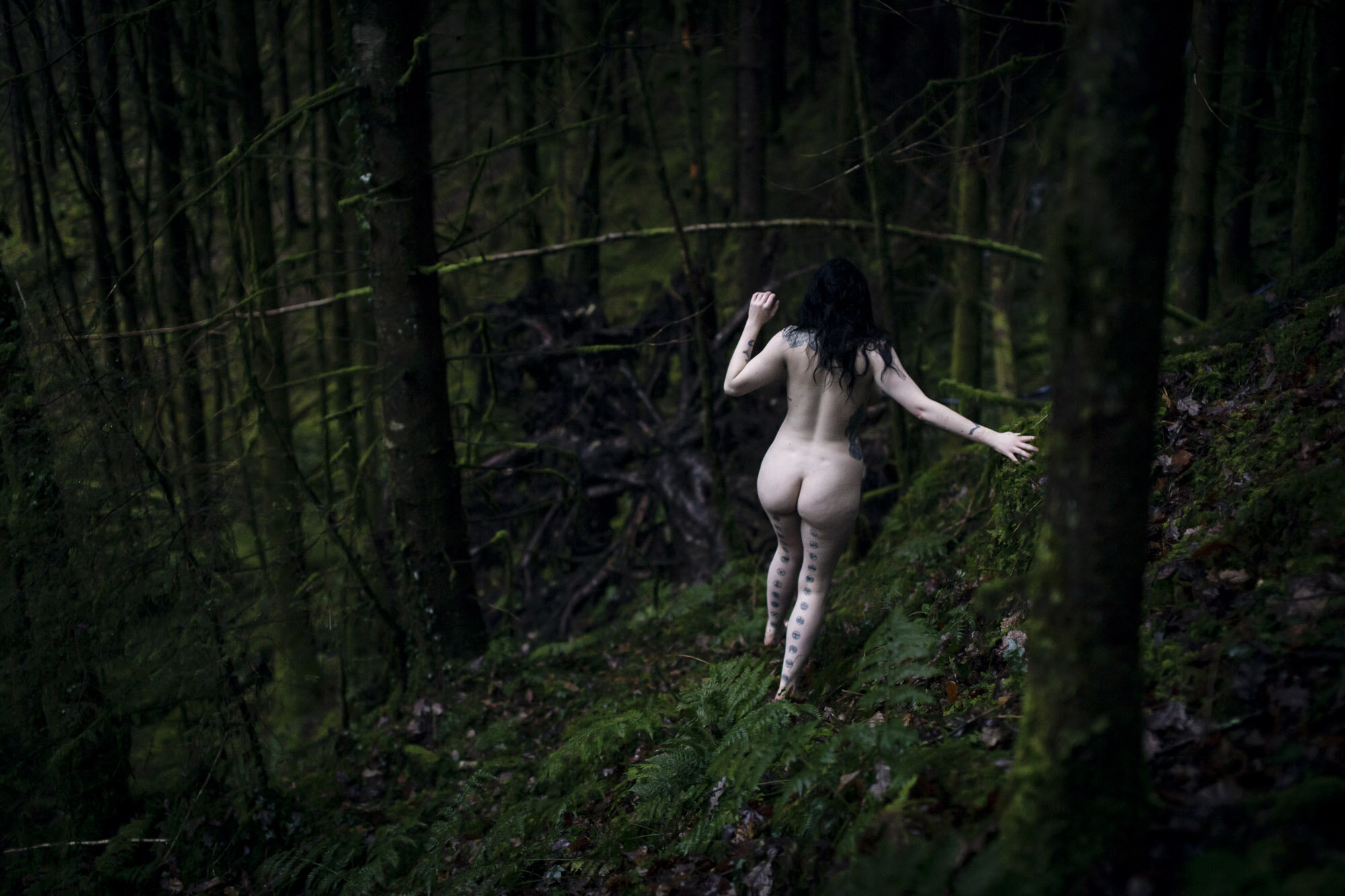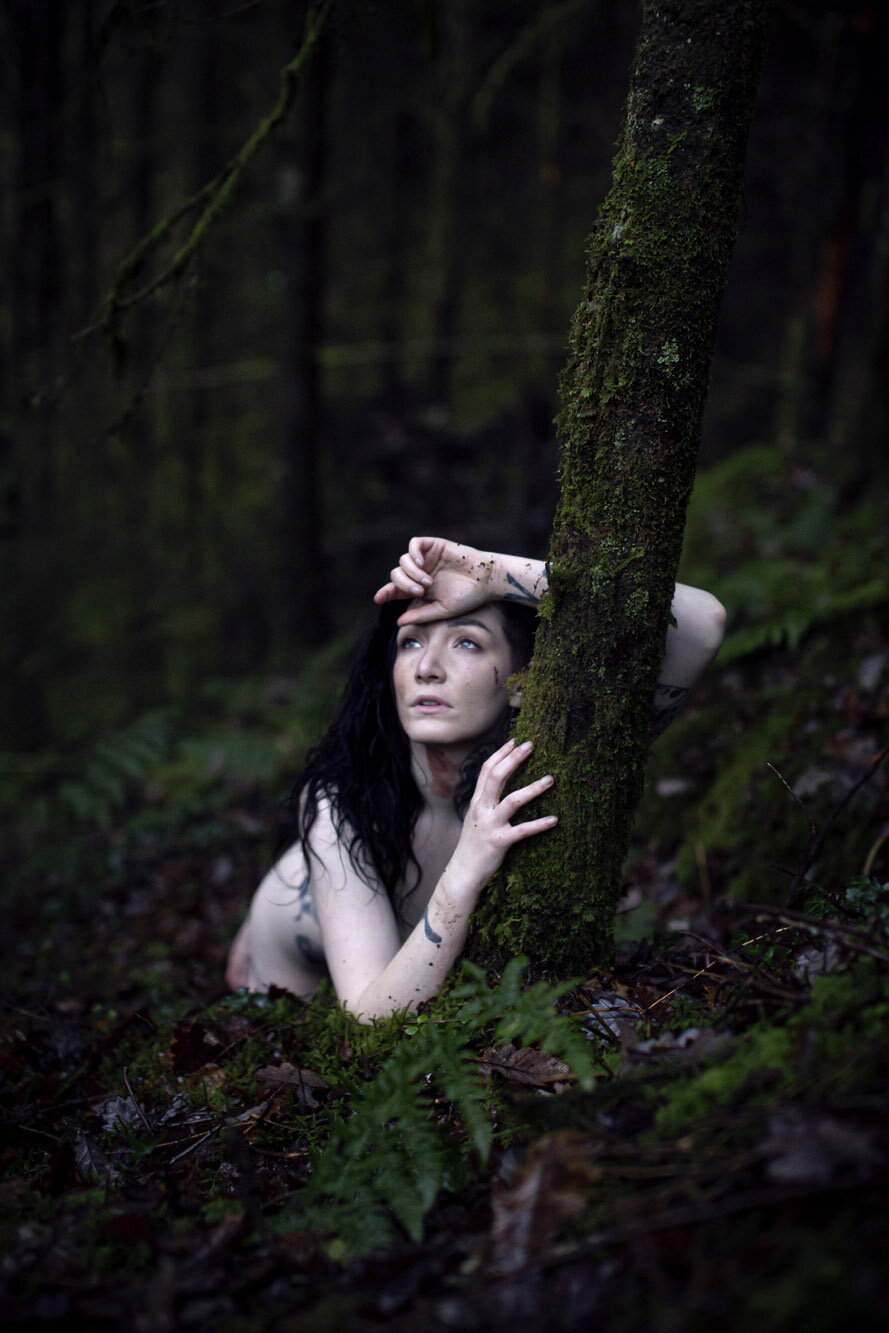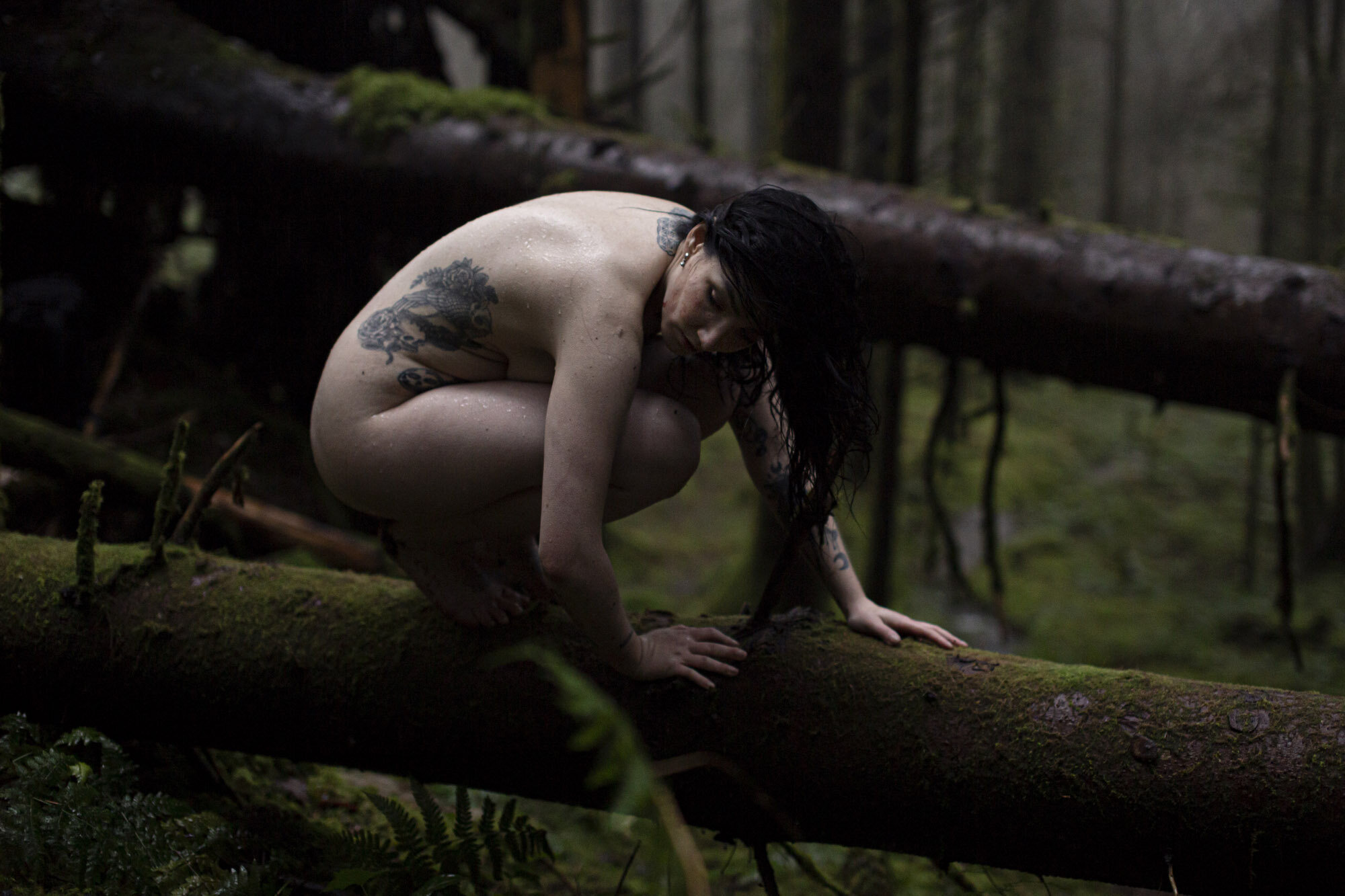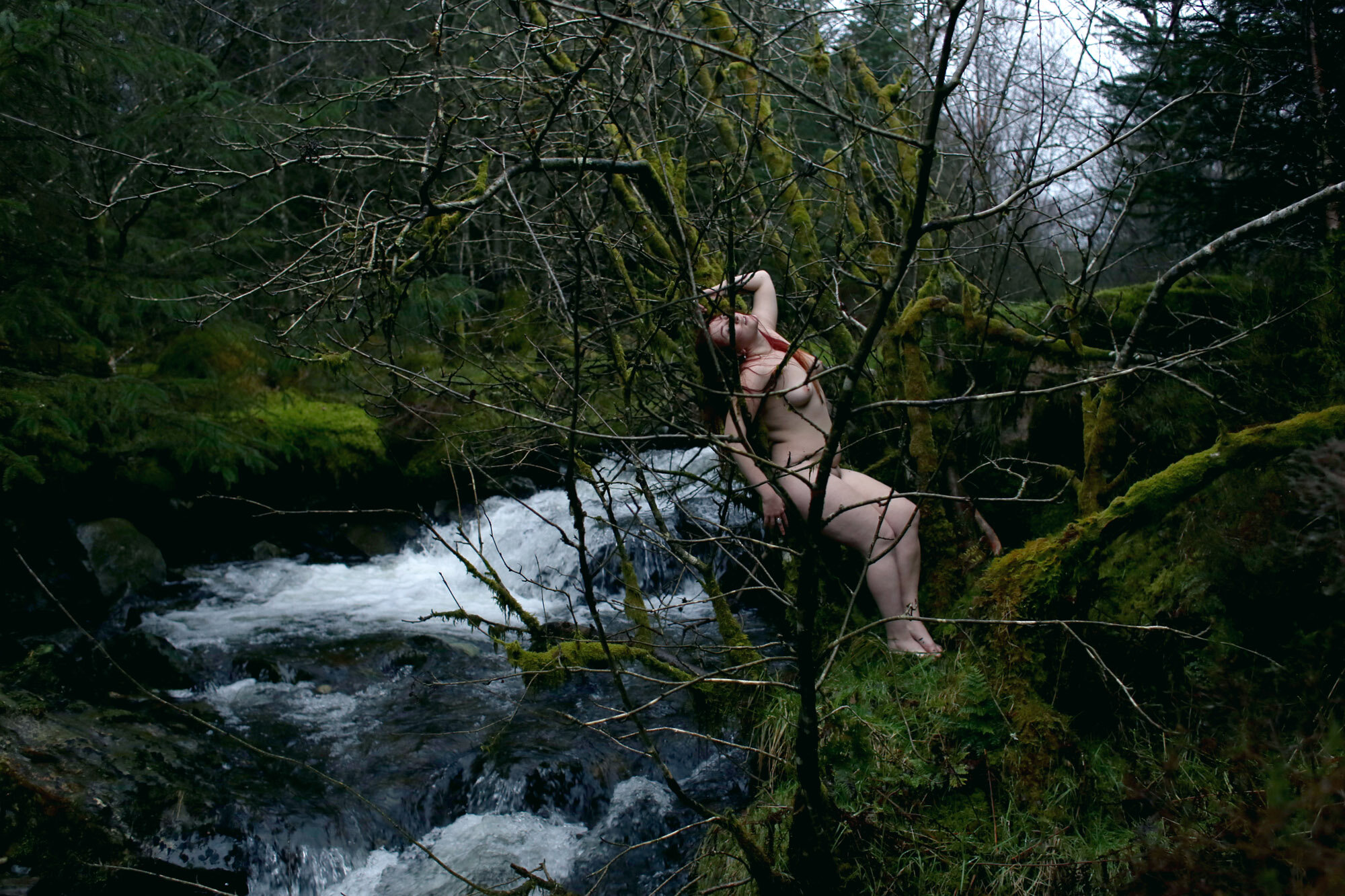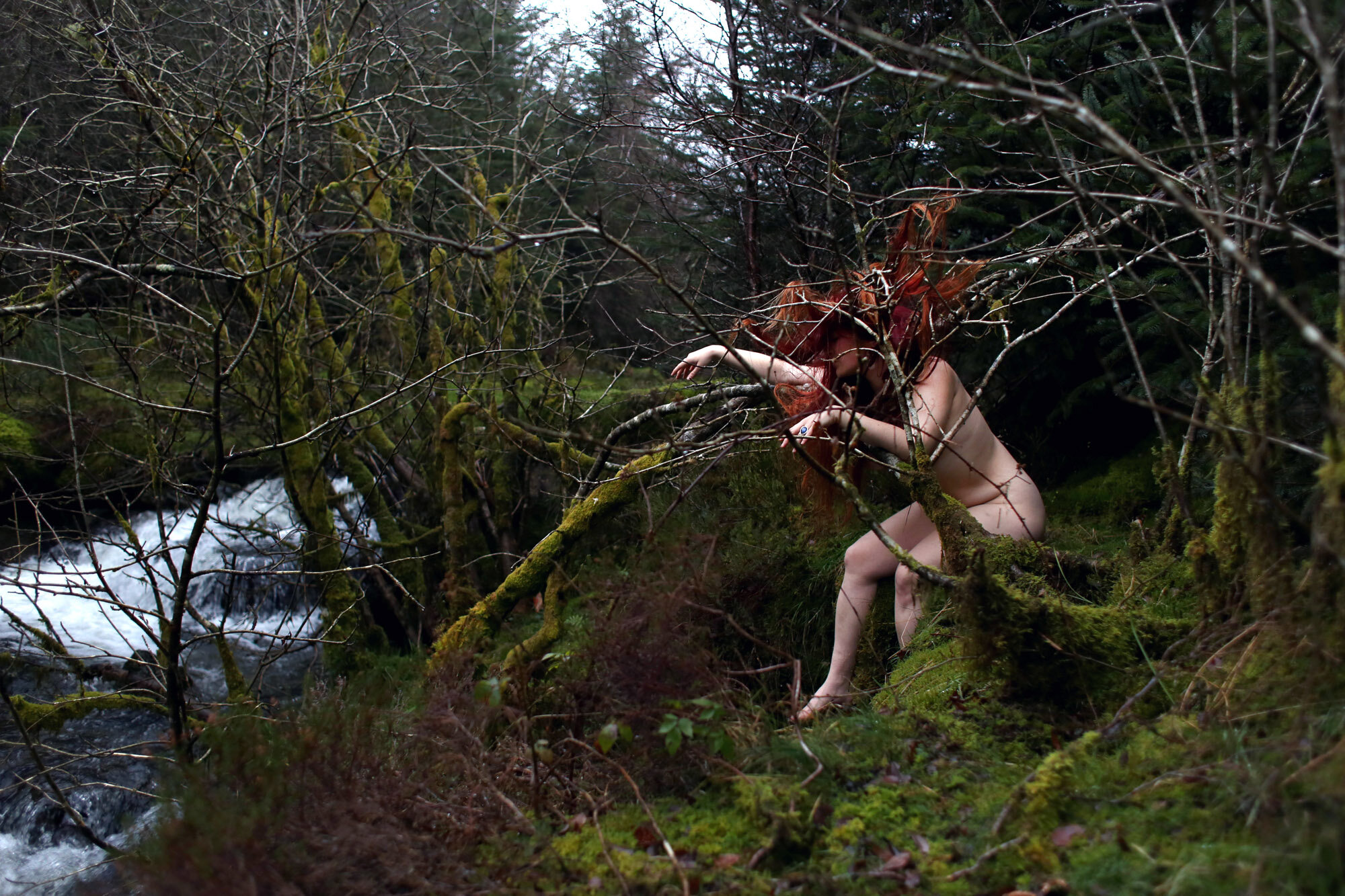Helena is one of my closest friends, so to include her in this project is very close to my heart. Having been in her life throughout her addiction, and now in her recovery, I’ve seen the highs, lows and now the absolute determination and changes in this incredible woman. I’m so incredibly proud of her, and honoured that she was happy to share her story with me (and you) so candidly.
Helena:
”My current relationship with substances is complex. I am new to recovery - although I’ve tried to quit, or wanted to, many times before. However this time I’ve taken it more seriously and put myself in rehab a few months ago. My problems with addiction are strongly related to my mental health (I am diagnosed with BPD and ADHD), meaning I’m going through a very transitional period in my life. I am constantly analysing my triggers and learning new ways to manage my emotions, learning how to deal with them properly rather than reaching for drugs in order to dissociate, which is what I’d been doing for so many years. I’d numb myself and left everyone else around me to deal with the outcome of my drug, alcohol and BPD fuelled projections. My addiction has often left me frustrated and angry with myself, however I am so grateful for the self awareness and exploration that recovery has brought, and is still bringing, me.
There were many points when I wanted to get sober - you would think that hospitalisations, extreme pain, losing friends, almost getting kicked out of circus school, and ruining my reputation at work would be enough to make me actually change. But what really made the difference was realising I would never have a family of my own if I continued like this, and could never become a therapist (something I am now studying for) to help other people in active addiction, if I was still an addict myself.
I’ve now been in recovery for 4 months, and haven’t touched my drug of choice in 3 months. I chose not to go completely ‘T-total’ - I still allow myself a drink occasionally, although I have to really keep on top of this. I am relatively new to the ‘recovery life’ and am still figuring out my boundaries... so may eventually realise that even the occasional glass of wine isn’t worth it anymore. I just did a month of no booze to prove to myself that I could do it, and now plan to do a ‘one month on/one month off’ pattern with this, using it to keep an eye on my behaviour patterns. I still am a regular weed smoker, but my relationship with this feels much different, as I feel it helps me in many ways and has never been detrimental to my health, work or life in the way that other drugs or alcohol have. I believe in our own personal journeys, only we know what does or does not work for us.”
“I chose this warehouse district for us to shoot in, where I used to live periodically. This was also where a lot of my dealers were based, where I used to train in aerial acrobatics (before nearly being kicked out when I showed up to class high…), and really the main hub of all my drug-fueled escapades. Really though, I’d be doing drugs anywhere and everywhere - trains, pubs, cafes, street corners, and even my family home. While this place holds a lot of bad memories for me, it is also home to a beautiful community of people. My dream, once I’ve qualified as a therapist, is to open a private practice in this area, to help other addicts.
I work a lot in the party/events world, which can be incredibly testing, however non-alcoholic drinks like ‘no-secco’ have been a total lifesaver for me. It’s also important for me to be open and honest about my journey in these situations - I’ve found people can be so helpful and considerate if you're just brutally honest.”
“My advice to anyone who wants help with addiction is to look at therapy options. I’m forever going to shout about therapy - without self work, self reflection, self awareness, self acceptance, self love, self soothing... I don't think I could have done it. Secondly, having a great support system around you is so important: reach out to friends or family, and recognise who actually wants to help, and who might be enabling you. Stop making excuses or justifications - addiction is a dark force, and it wants us to be alone. It will give you every excuse out there: "Oh but it’s a birthday", or "I have to do this to help with social anxiety”, for example. But one day you’ll realise the excuses you used to make, and also see others around you doing it themselves.
Thirdly, find yourself something to aim for or be excited about - like pursuing a career, wanting a family, or learning a new skill. Part of what drove my addiction was the fact that I didn't want a future or to live, until I decided my calling was to become a therapist and help others (there had to be some sort of silver lining to the hand I was given, with all my mental health issues)! Now life's possibilities excite me so much and I feel like I have a reason to live.
Sobriety has been one of the most empowering choices I have ever made, but it's not easy. Every day involves therapy and self work, but in the end it’s so incredibly worth it.”
